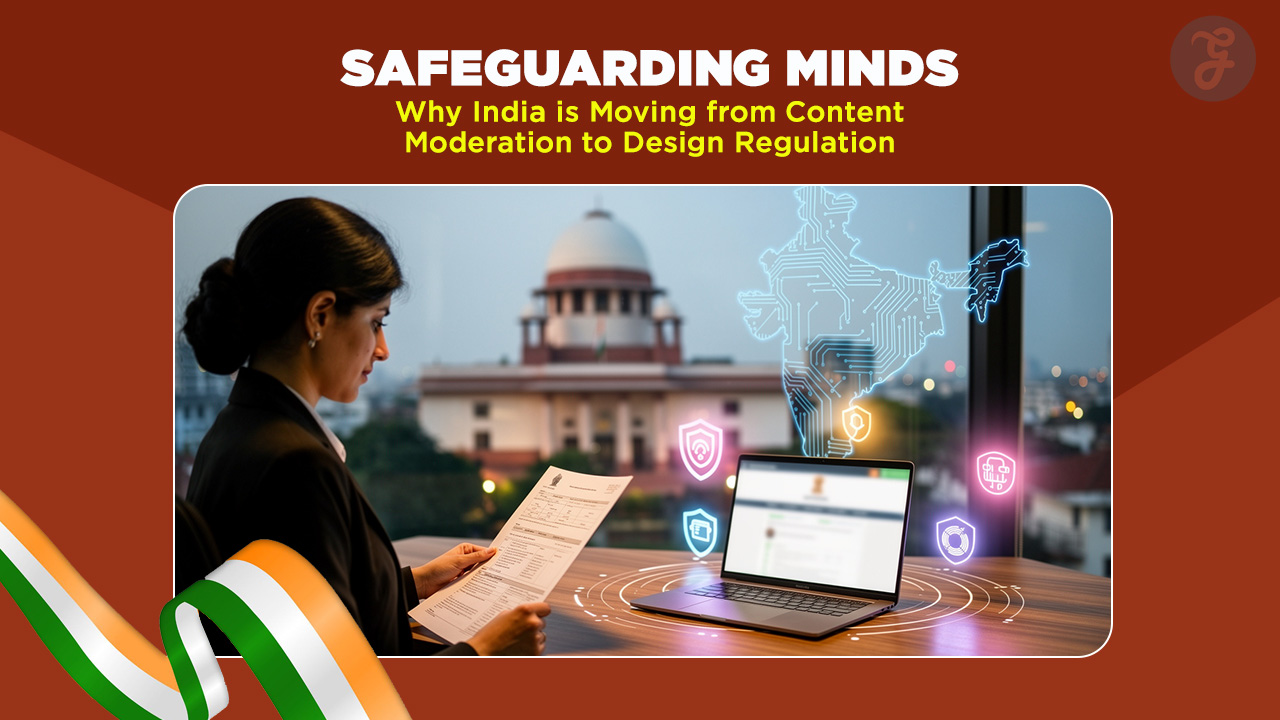Feeling a sense of community at work can improve your morale, boost productivity, and make work more enjoyable. If you’re feeling isolated in your role, there are steps you can take to build your relationships at work.
Reviewing strategies and tips and identifying why you feel isolated can help you grow closer to your team members and combat feelings of loneliness.
In this article, we explore the reasons you might feel isolated at work, explain the importance of recognizing these feelings, and share eight methods to improve your situation.
Why Might You Feel Isolated at Work?
There are many reasons why you might feel isolated at work. It could be due to personal reasons, such as social anxiety or difficulty making new friends, or external factors like workplace culture.
Here are some common causes of workplace isolation:
1. Transition to Remote Work
Many people have transitioned from in-person offices to remote or work-from-home situations.
Adjusting to a new working environment can be challenging, and it’s essential to develop strategies to stay connected, even if you’re no longer sharing a physical space with your colleagues.
Virtual team-building activities, such as online trivia, book clubs, or virtual games, can help reconnect with coworkers and maintain a sense of camaraderie.
2. Workplace Culture
Some work environments do not support a sense of community due to strict management, inflexible rules, or overemphasising productivity.
These conditions can lead to feelings of isolation and negatively impact mental health. In such cases, changing your environment or seeking a new job where you feel valued and appreciated might be necessary.
3. Difficulty Showing Your Personality
You might find it challenging to let others see your personality at work. It can take extra time and patience to open up, but it’s rewarding.
Being kind to yourself and looking for low-pressure opportunities to speak with individual coworkers can help combat feelings of being overwhelmed or nervous.
4. Few Common Interests with Coworkers
Another reason for feeling isolated could be a lack of common interests with your coworkers. If you work in an office where most people are significantly older or younger, it might be challenging to relate to them.
However, engaging in conversations and getting to know individual coworkers better can reveal shared interests. Starting discussions about hobbies or free-time activities can help you find unexpected commonalities.
5. Why It’s Important to Recognize Feelings of Isolation
Prolonged feelings of isolation at work can decrease health, satisfaction, and productivity. Recognizing these feelings allows you to develop solutions and try new methods to feel less isolated.
Discussing these feelings is crucial because many people experience them, even if it’s not immediately apparent. Addressing isolation can improve your work experience, increase productivity, and promote a healthier lifestyle.
10 Ways to Feel Less Isolated at Work
1. Make a Friend
Developing a working relationship with just one person can significantly reduce feelings of isolation. If you’re new to a position, try to find a kind coworker and get to know them. Asking questions and finding common interests can lead to unexpected friendships.
2. Do Something Kind
Acts of kindness can grow others’ affection for you, make you feel good, and inspire further kindness. Consider bringing in baked goods, writing thank-you cards, or giving small holiday gifts.
Even small gestures, like complimenting someone’s work or following up on personal details they shared, can help strengthen workplace relationships.
3. Build Relationships
Fear that coworkers don’t like or accept you is common. Starting conversations and sharing stories about yourself can make it easier for others to get to know you.
Participating more in team settings, making jokes, adding ideas, and responding positively can help you connect with your coworkers.
4. Participate in Team-Building Activities
Engage in team-building activities to create bonds with your coworkers. These activities can be in-person or virtual, such as online trivia, book clubs, or virtual games.
Participating in these activities can strengthen your relationships and reduce feelings of isolation.
5. Seek Professional Help
If feelings of isolation persist, consider seeking professional help. A mental health professional can provide strategies and support to help you cope with loneliness.
Employee assistance programs or mental health resources offered by your employer can also be valuable.
6. Request a one-on-one with your manager
If you feel isolated because of another team member’s actions, communicate with them about how their behaviour affects you.
If the behaviour doesn’t change, escalate the issue to a manager or supervisor. It’s important to address inappropriate behaviour and use available resources, such as human resources departments, if necessary.
7. Look for a Different Opportunity
If your work environment is toxic and isolating, prioritizing your mental health is crucial. Long-term isolation can have negative consequences, and sometimes, the best solution is to find a new job where you feel valued and respected.
8. Start a Group
Creating groups around shared interests can help develop a sense of community. Use digital networking tools to start groups or channels on topics like pets, children, cooking, or books. This can help you feel closer to your coworkers and more included in the workplace.
9. Connect Through Shared Activities
Starting more conversations with coworkers to learn about their hobbies and interests can reveal commonalities. The more you find in common, the more connected you can feel to those around you.
10. Get Some Rest
Feeling isolated can sometimes be due to exhaustion. Taking a day off to recharge or asking your manager to reprioritize your work can help reduce feelings of being overwhelmed and prepare you to engage more with others at work.
Summary
Loneliness at work is a common issue that can significantly impact your well-being and productivity. By recognizing the reasons for your isolation and implementing strategies to build connections, you can create a more inclusive and enjoyable work environment.
Whether it’s through acts of kindness, developing friendships, or seeking new opportunities, taking proactive steps can help you feel less isolated and more connected at work.











































